Labour and antisemitism: What went wrong and what is to be done?
Labour politicians would do well to emulate Orwell’s honest introspection and contemplate the movement to which they have given their lives. Doing so means coming to terms not only with Jews and antisemitism but also capitalism and race
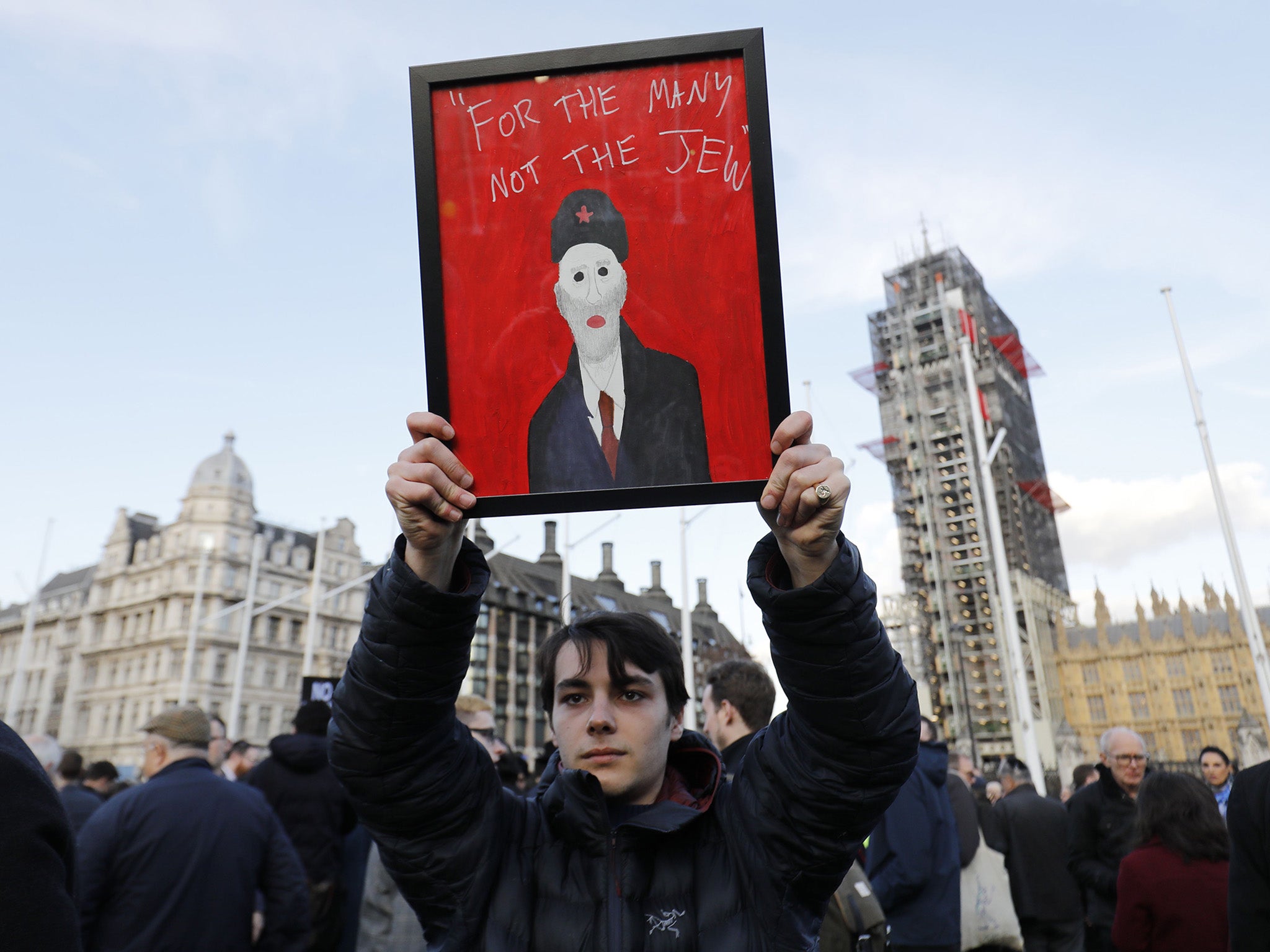
Your support helps us to tell the story
From reproductive rights to climate change to Big Tech, The Independent is on the ground when the story is developing. Whether it's investigating the financials of Elon Musk's pro-Trump PAC or producing our latest documentary, 'The A Word', which shines a light on the American women fighting for reproductive rights, we know how important it is to parse out the facts from the messaging.
At such a critical moment in US history, we need reporters on the ground. Your donation allows us to keep sending journalists to speak to both sides of the story.
The Independent is trusted by Americans across the entire political spectrum. And unlike many other quality news outlets, we choose not to lock Americans out of our reporting and analysis with paywalls. We believe quality journalism should be available to everyone, paid for by those who can afford it.
Your support makes all the difference.Scandals provoked by accusations of antisemitism have become a recurrent feature of British politics. As the latest tumult subsides we have an opportunity to reflect on the issues that underlie these controversies and prepare the way for Labour and the left to do better in future.
One lesson of the last two weeks is that people who swear they are militant opponents of antisemitism “in all its forms” too often turn out to have friends – real friends, comrades, Facebook friends – who are happy to spread anti-Jewish slurs or imagine the basic facts of the Holocaust are up for debate. For this reason when Labour Party leaders insist there will be no place for antisemites in the party, their words don’t measure up to the problem. Too many believe they face a handful of antisemites, a bunch of interlopers. Others acknowledge the problem is more widespread but then trot out evasive phrases about “unconscious antisemitism” or vaguely suggest we educate people to recognise antisemitic tropes.
The problems go deeper than Labour leaders have been willing to admit. Even though we conventionally associate antisemitism with the right and fascism especially, the political culture of the left has long been a source of antisemitism. A more recent development is that some avowed anti-racists are seemingly unable to recognise antisemitism when it stares them in the face. They dismiss it instead as a smear perpetrated by Blairites and Zionists.
While the disciplinary reforms recommended by Shami Chakrabarti may help overcome these problems, the Labour Party requires more than denunciations and expulsions. It also needs reflection, education and, above all, leadership.
A helpful place to start is the important distinction between “antisemites” and “antisemitism”. We find it at the heart of George Orwell’s writing on the subject. In October 1948 Orwell wrote to his publisher, “I think [Jean-Paul] Sartre is a bag of wind and I’m going to give him a big boot.” It was Sartre’s Portrait of the Antisemite (better known in English as Anti-Semite and Jew) which had provoked Orwell.
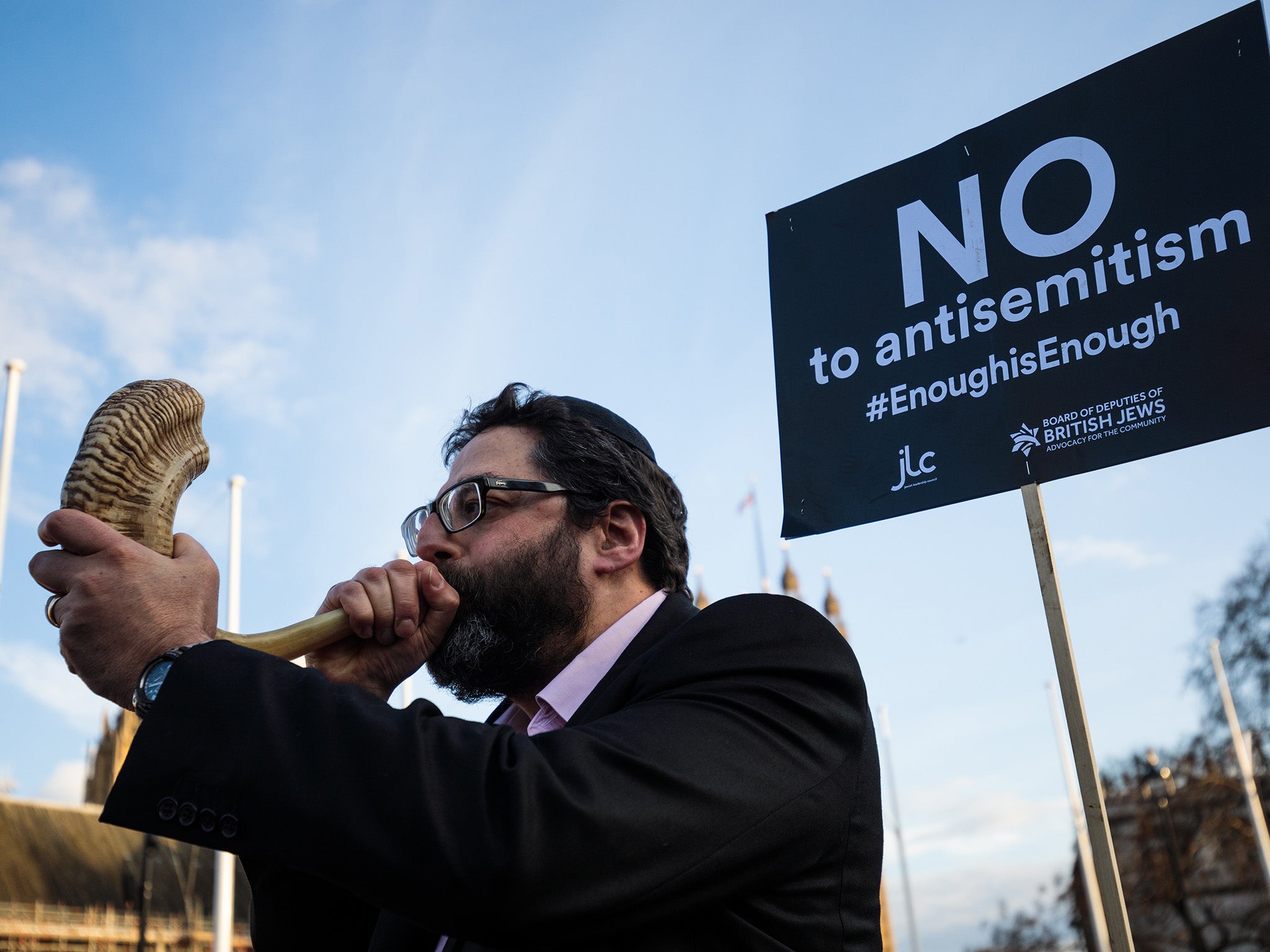
Sartre’s book was organised around the idea that the “antisemite” was an identifiable type: bourgeois, reactionary, uncomfortable in the modern world. Orwell, by contrast, in his essay on “Antisemitism in Britain”, published in April 1945, presents a very different view. Antisemitism (not the antisemite), he insists, is present across all classes and is pervasive in British literary culture from Chaucer to Shakespeare to TS Eliot and Aldous Huxley. Antisemitism, Orwell proposed, is a shared problem, not a pathology confined to a particular type. He drew a striking conclusion from this insight: “the starting point for any investigation of antisemitism should not be “why does this obviously irrational belief appeal to other people?” But “why does antisemitism appeal to me?’’
Labour politicians would do well to emulate Orwell’s honest introspection and contemplate the movement to which they have given their lives. Doing so means coming to terms not only with Jews and antisemitism but also capitalism and race.
Antisemitism has been a recurrent feature of radical and socialist politics in Britain from William Cobbett to the present day. We find it in Chartism in the 1840s and in the pages of Keir Hardie’s Labour Leader, which in 1891 proclaimed that imperialist wars were being planned to suit the interests of “hook-nosed Rothschilds”. Jews were good when outcast, a long way away and suffering from Tsarist oppression. But many of the same socialists and radicals who protested against pogroms were first in line to pronounce the Boer War an expression of Jewish conspiracy.
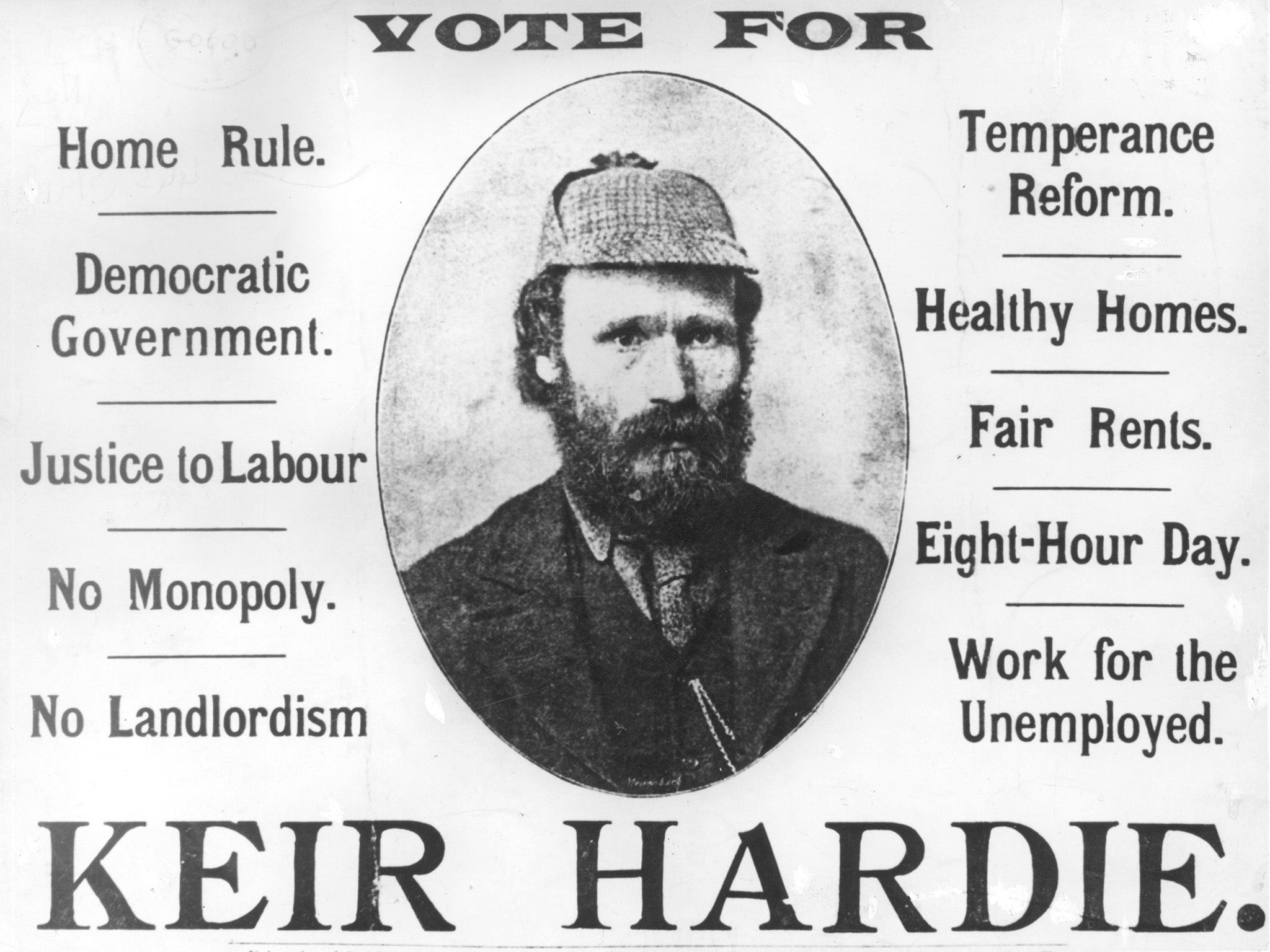
In failing to acknowledge this inheritance, Labour leaders disavow a painful and dishonourable aspect of the movement’s past. And as events in recent weeks have shown, these problems have not died away. Across the political spectrum protagonists continue to categorise Jews as “good” and “bad”. The habit is clearly visible on the left. Here, too often, Jews find that having “the correct” view on Israel/Palestine is a precondition for getting a hearing on antisemitism, or anything else.
A key feature of modern antisemitism has been the racialised projection of “the Jew”, an archetype which stands above and in conflict with the working class. Throughout the history of the left, certain anti-capitalist visions generated by socialists have overlapped and combined with this strain of antisemitism. What makes antisemitism particularly attractive and dangerous for the left is that it can appear oppositional. It provides an easy personification of oppression in the face of less tangible, global forms of domination.
Which takes us to the mural in Tower Hamlets, the cause of so much controversy last month. When asked to clarify its message in 2012, the artist Mear One insisted the mural depicted “class and privilege”, nothing more. But it is a vision of class stained through with modern antisemitism: a critique of capitalism in which the forces of global power are rendered “Jewish”.
Everyone, including now Corbyn himself, recognises this. Yet for all the attention it received, one thing seems to have eluded almost all commentators: the mural not only depicts Jews and Jewishness, but places them in opposition to the pain and suffering of black and brown bodies.
The mural controversy illustrates the ambiguous position Jews occupy within contemporary anti-racist politics. If the left limits itself to a conception of racism which focuses solely on white privilege, it will continue to find it difficult to recognise Jews as its victims. Similarly, if European racism is understood only as a consequence of colonialism, we ignore the history of racialised exclusions within Europe itself. We need to place colonial racisms alongside antisemitism, and recognise how the two intersect and sometimes diverge.
American scholar and Pan-Africanist WEB Du Bois did just this when he came face to face with the ruins of the Warsaw Ghetto shortly after the war. It was “particularly hard for me to learn”, said Du Bois of the rubble in Warsaw, that this “was not even solely a matter of colour”. These reflections by Du Bois remind us today that colour-coded definitions of racism cannot account for the history of antisemitism.
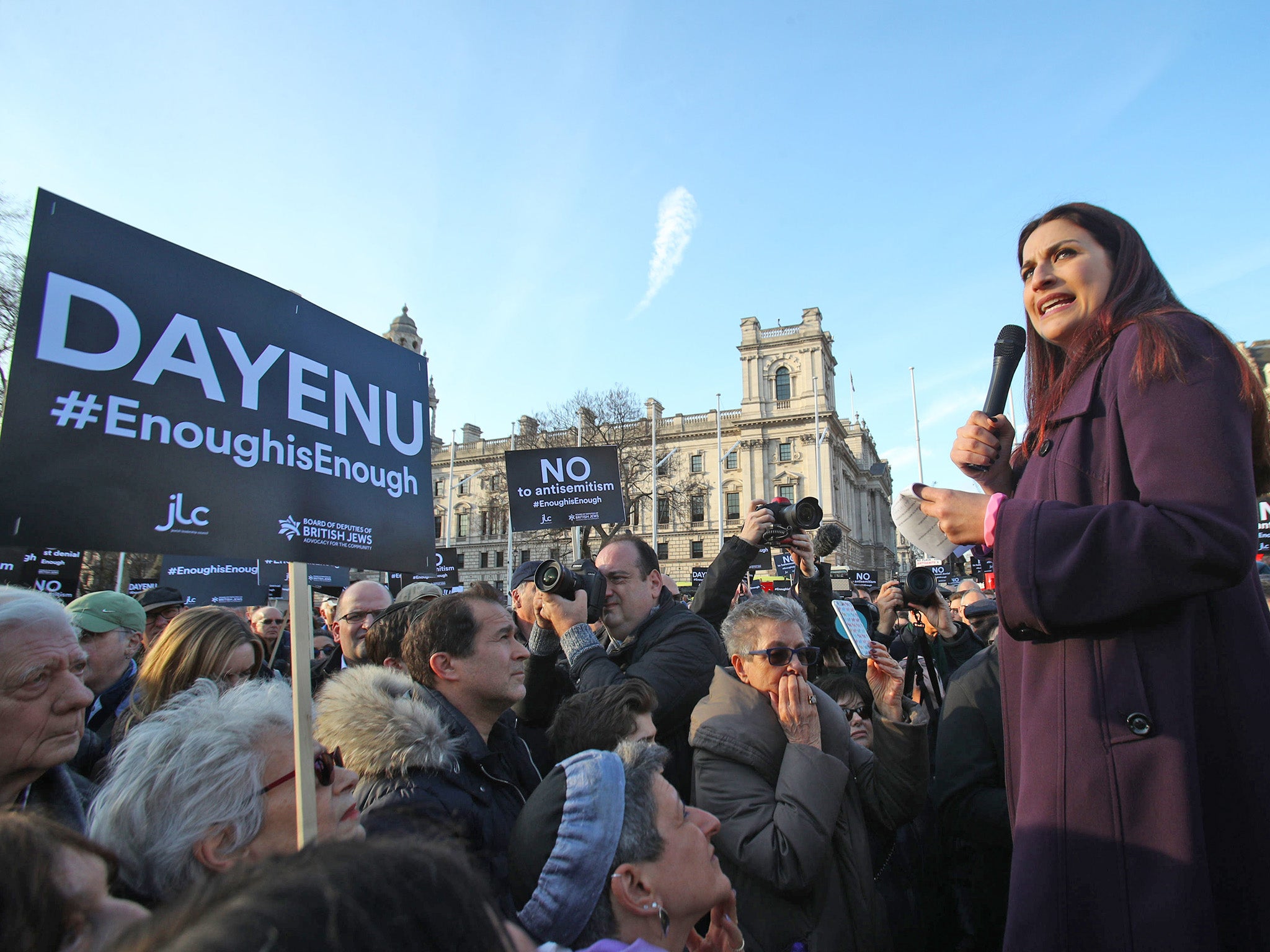
This difficulty is deepened by the relative success of Jewish integration in contemporary Britain. Predominantly a middle-class community, lauded by the political elite and with a growing tendency to vote Conservative, British Jews appear to be poorly positioned to evoke sympathy from those anti-racists who imagine that poverty, exclusion and racism always line up neatly together.
And then there is the question of Israel/Palestine, which has poisoned the Labour Party debate on antisemitism in recent years and continues to do so today. The great majority of British Jews feel an attachment to Israel, constituted as the Jewish state. This, of course, creates a further problem for those parts of the left invested in a distinction between Jewish identity and Zionism as a political ideology.
Attempts to fold Zionism into the history of European imperialism and settler-colonialism bring into sharp view the ongoing racism and injustice endured by Palestinians. At the same time, however, they obscure the fact that Zionism was in part a response to murderous racism experienced by Jews inside Europe. This tragic dynamic was captured powerfully by Hannah Arendt: “The solution to the Jewish question merely produced a new category of refugees, the Arabs, thereby increasing the number of stateless and rightless by another 700,000 to 800,000 people”. Israel today is a complex entity: while some focus solely on its democratic credentials, others point to its history of dispossession and occupation. It advertises its promotion of LGBT+ rights but remains a bastion of state-sponsored ethnic and religious privilege. Jewish statehood has generated a complicated history that sometimes makes it difficult for the left to even recognise antisemitism in Britain, let alone combat it.
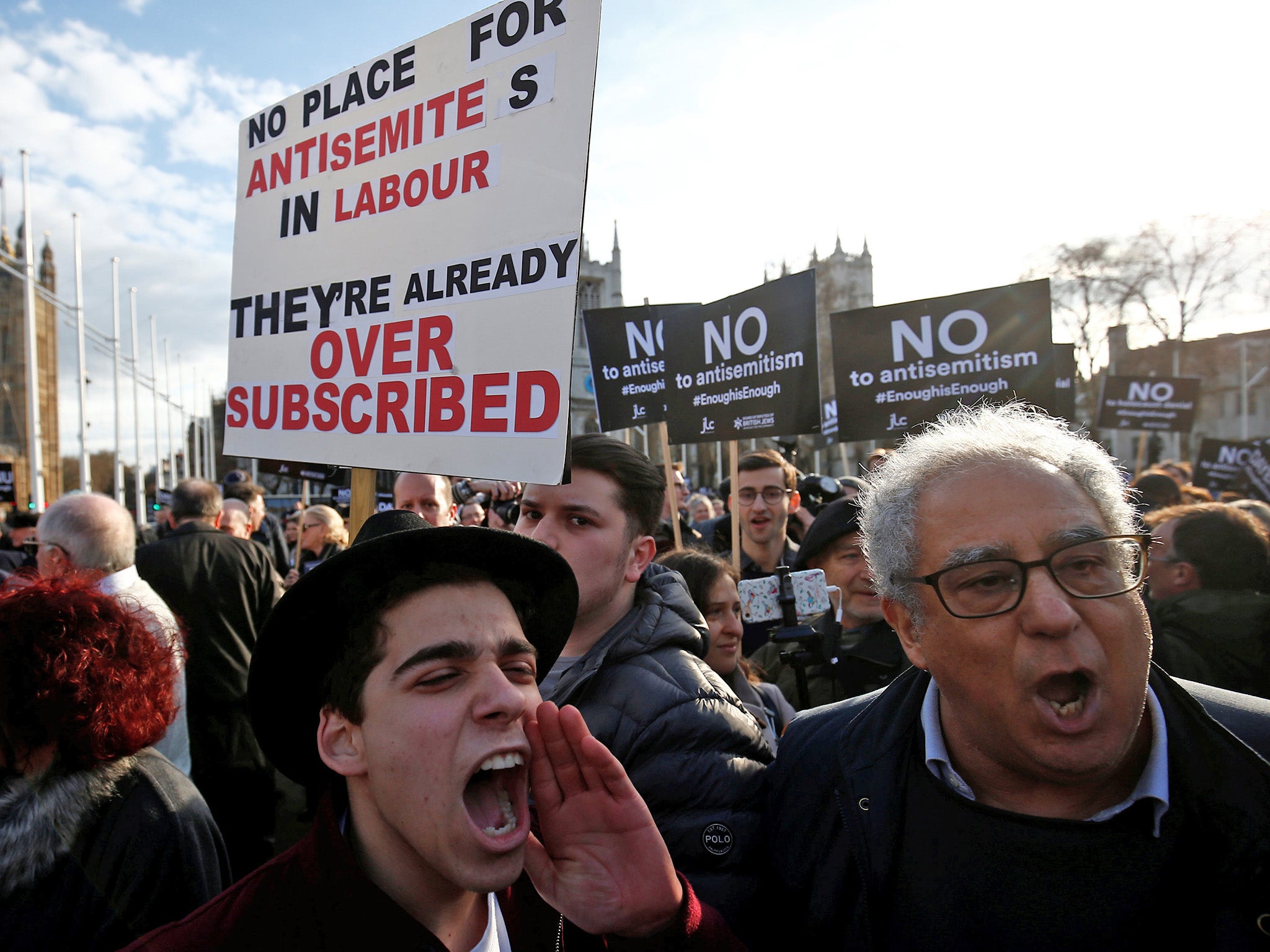
Labour needs to learn and reflect on how racisms of different sorts have figured in its own past and continues to shape the present. It should be possible to decry global inequality and support justice for the Palestinians without likening Israelis to Nazis, invoking the Jews’ special conspiratorial power or holding diaspora Jews directly responsible for the actions of the Israeli state. The challenge for the Labour Party’s leadership is to oppose racism unconditionally and without exception, including when its targets are Jews, most of whom do not support the party and who identify with the state of Israel.
There is also a challenge for the Jewish community, especially its leaders. Their alertness to antisemitism in Britain should lead them to provide greater support to anti-racist campaigns more generally. It might also allow them, even as they identify with Israel, to recognise and censure the racialised inequalities within and beyond its recognised boundaries.
In their different spheres, both the Labour Party and the leaders of the Jewish community should understand that anti-racism is not divisible.
Subscribe to Independent Premium to bookmark this article
Want to bookmark your favourite articles and stories to read or reference later? Start your Independent Premium subscription today.
Join our commenting forum
Join thought-provoking conversations, follow other Independent readers and see their replies
Comments